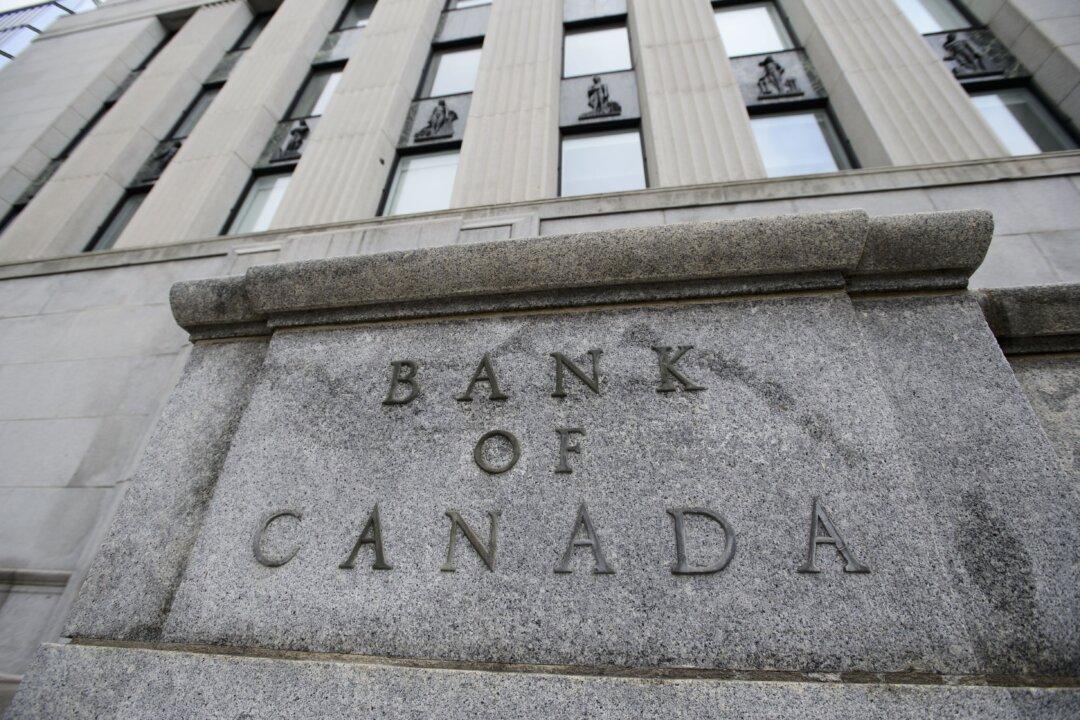More than two-thirds of Canadian firms are expecting inflation to stay above 3 percent over the next two years, according to a new survey from the Bank of Canada.
Released on April 4, the online survey conducted between March 4 and March 10 asked 152 firms about their expectations for the country’s inflation rate in the coming years.





